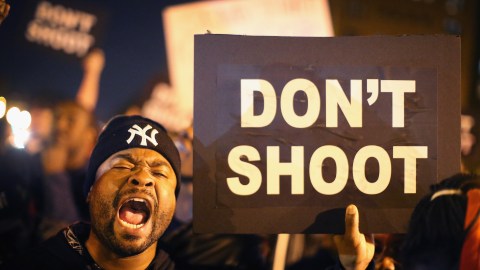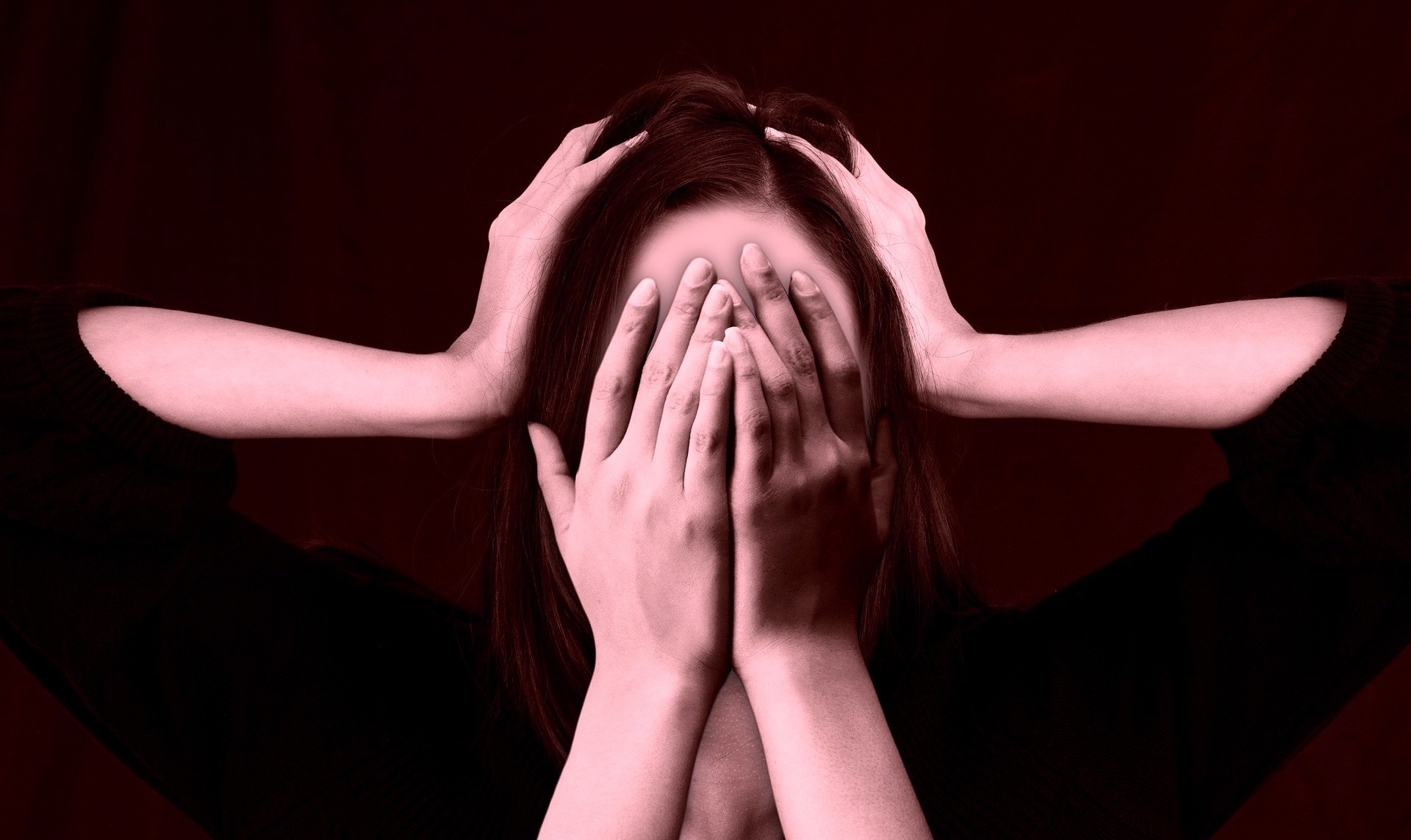Racial Bias in Police Shootings Not What You’d Expect, Shows Controversial New Study

As the police brutality debate has dominated the hearts and minds of Americans (sudden Pokémon Go diversion notwithstanding), a new study has come out that shows some unexpected results. While it shows a racial bias in how the police use force, this doesn’t seem to be the case with regards to shootings.
The study was conducted by the Harvard University economist Roland G. Fryer Jr., an African-American, who said it produced “the most surprising result of my career.” His team studied over 1,300 police shootings in 10 major police departments over the 2000-2015 span.
The study concluded that blacks and Hispanics were “more than fifty percent more likely to experience some form of force in interactions with police,” but no such differences exist in officer-involved shootings.
When encountering a suspect, police officers were about 16-19% more likely to use their hands on the suspect, push the person into a wall or to the ground, use handcuffs, and draw their weapons, if the suspect was black. They were also 24-25% more likely to point their weapons or use pepper spray or batons on a black suspect.
Surprising new evidence shows racial bias in police use of force–but not in shootings. https://t.co/8UCHMVpJBhpic.twitter.com/Uclx2SbjOZ
— The Upshot (@UpshotNYT) July 12, 2016
But when it came to shooting the suspects, police officers were more likely to fire without having first been attacked if the suspects were white. Additionally, the study learned that black and white civilians in the shootings were equally likely to be carrying a weapon.
And while zeroing in on the police department in Houston to get a more detailed picture, Mr. Fryer found that in situations of justifiable use of force, when, for instance, the officer is being attacked by the suspect, officers were 20% less likely to shoot at a black suspect. Accounting for other control factors in tense situations, Mr. Fryer saw similar results that there was either no difference between how blacks and whites were treated or that blacks were less likely to be shot.
A woman holds up a sign during a rally at Justin Herman Plaza to denounce recent police shootings around the country, in San Francisco, California on July 8, 2016. Thousands of protesters took to the streets in US cities on July 8 after a black extremist shot dead five cops during a peaceful march against police brutality in Texas. (Photo by JOSH EDELSON/AFP/Getty Images)
Mr. Fryer is the first African-American to win a John Bates Clark medal, given to the most promising under-40 American economist. Angered by the high-profile deaths of African Americans like Michael Brown and Freddy Gray at the hands of the police, he explains why he was driven to conduct the study to New York Times:
“You know, protesting is not my thing. But data is my thing. So I decided that I was going to collect a bunch of data and try to understand what really is going on when it comes to racial differences in police use of force.”
The study has been criticized for using police reports, filled out by police officers as potentially self-serving and unreliable. Mr. Fryer countered that the results his team found were the same whether officer-generated narratives were used or not.
The study's critics also point to the volume of police incidents studied as inconclusive and cannot represent every city in America. Mr. Fryer himself calls for more data to be analyzed before a nationwide conclusion can be drawn, especially as he admits that there is more prejudice in whom the police chooses to stop in the first place and the disproportionate use of other forms of violence.
“Who the hell wants to have a police officer put their hand on them or yell and scream at them? It’s an awful experience,” said Mr. Fryer. “Every black man I know has had this experience. Every one of them. It is hard to believe that the world is your oyster if the police can rough you up without punishment. And when I talked to minority youth, almost every single one of them mentions lower-level uses of force as the reason why they believe the world is corrupt.”





